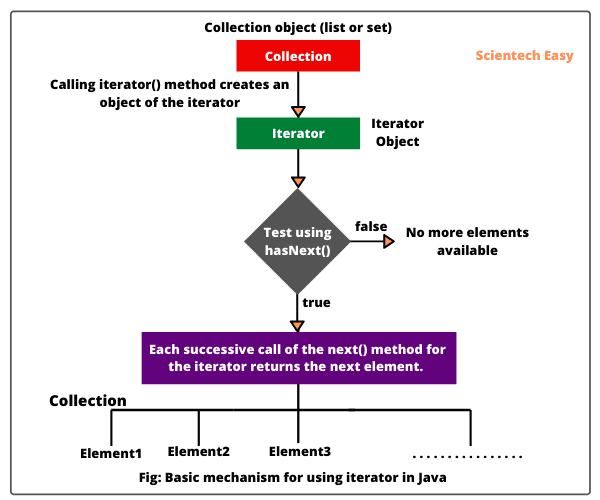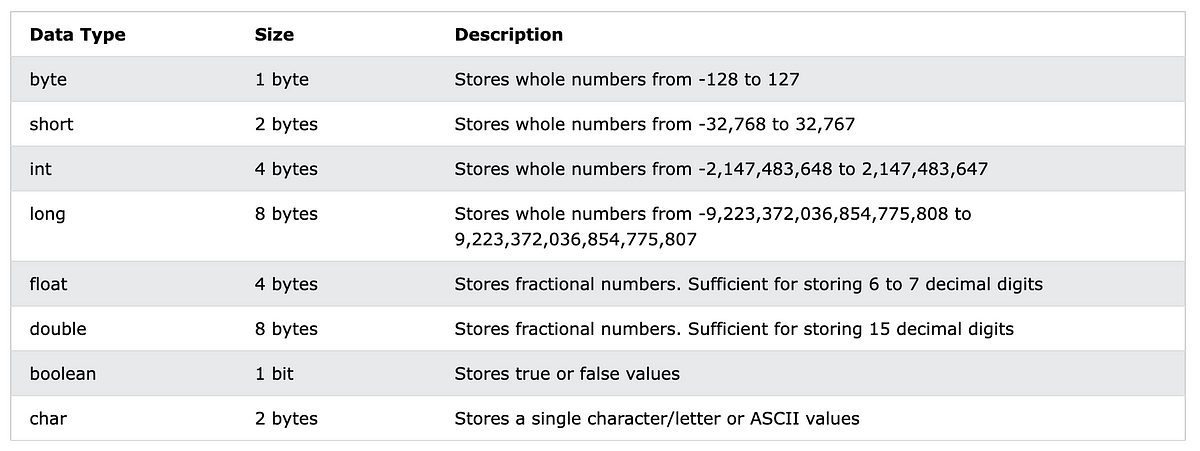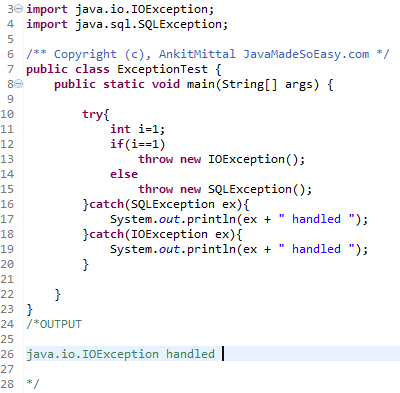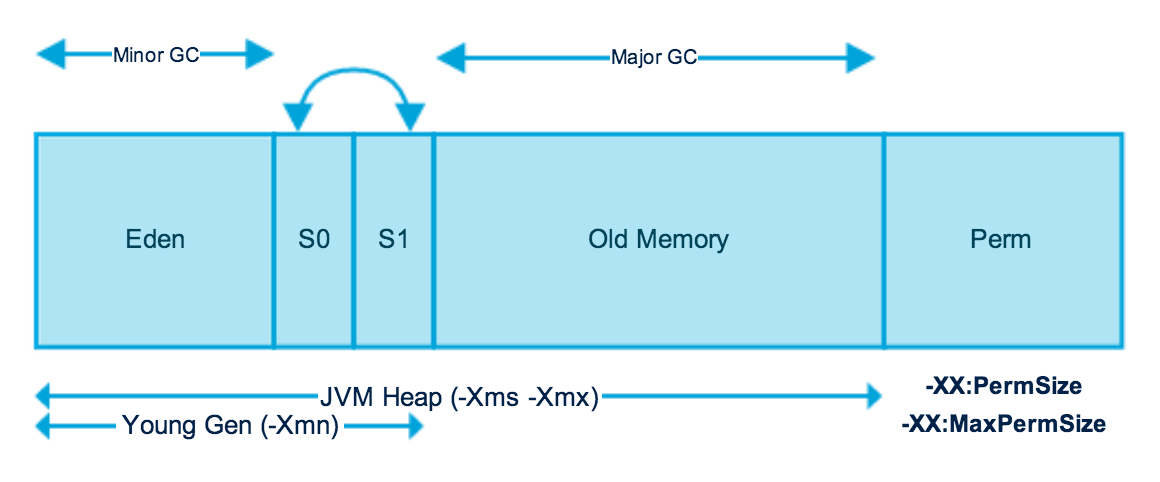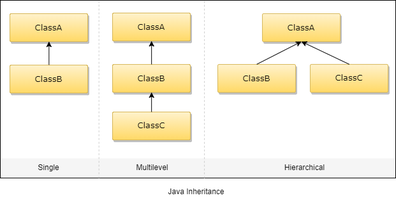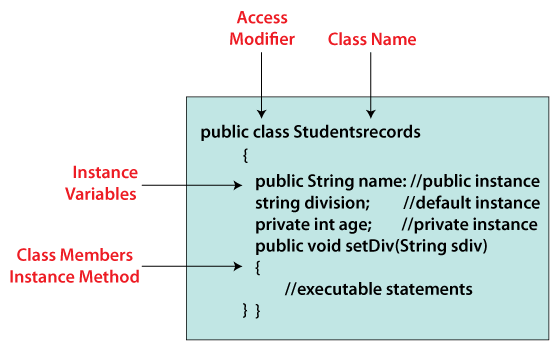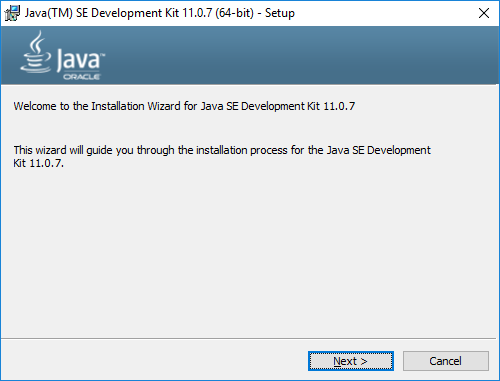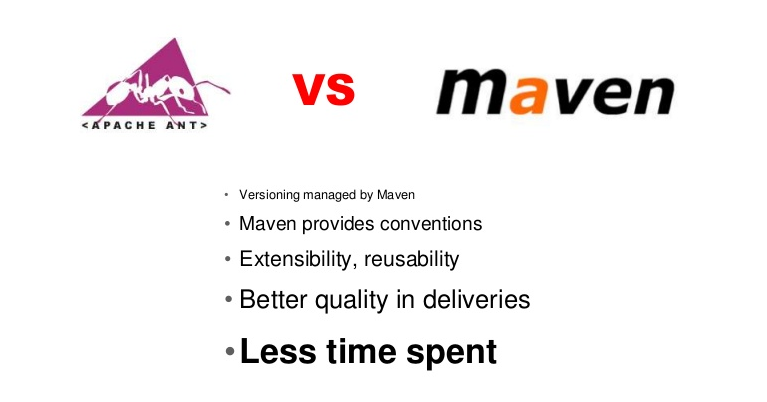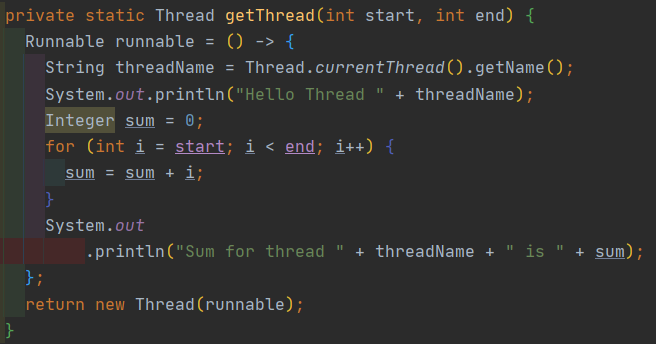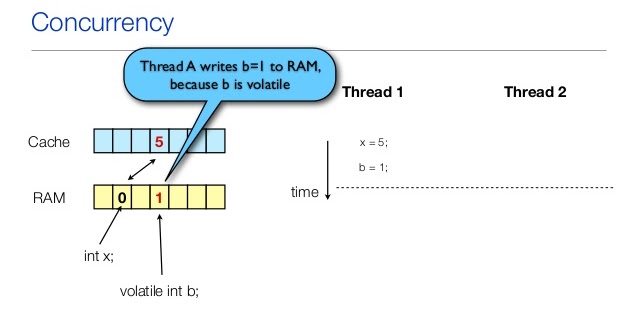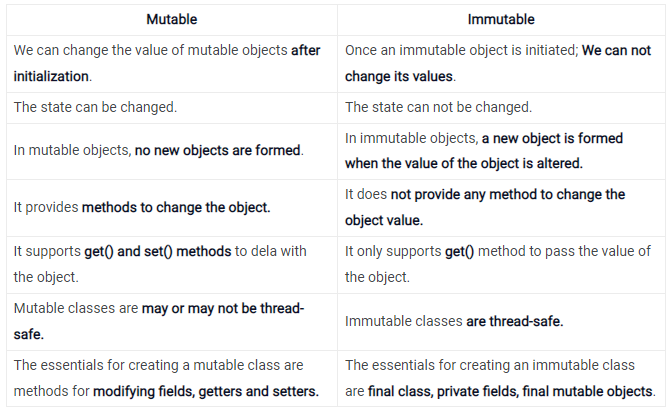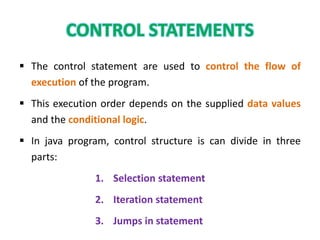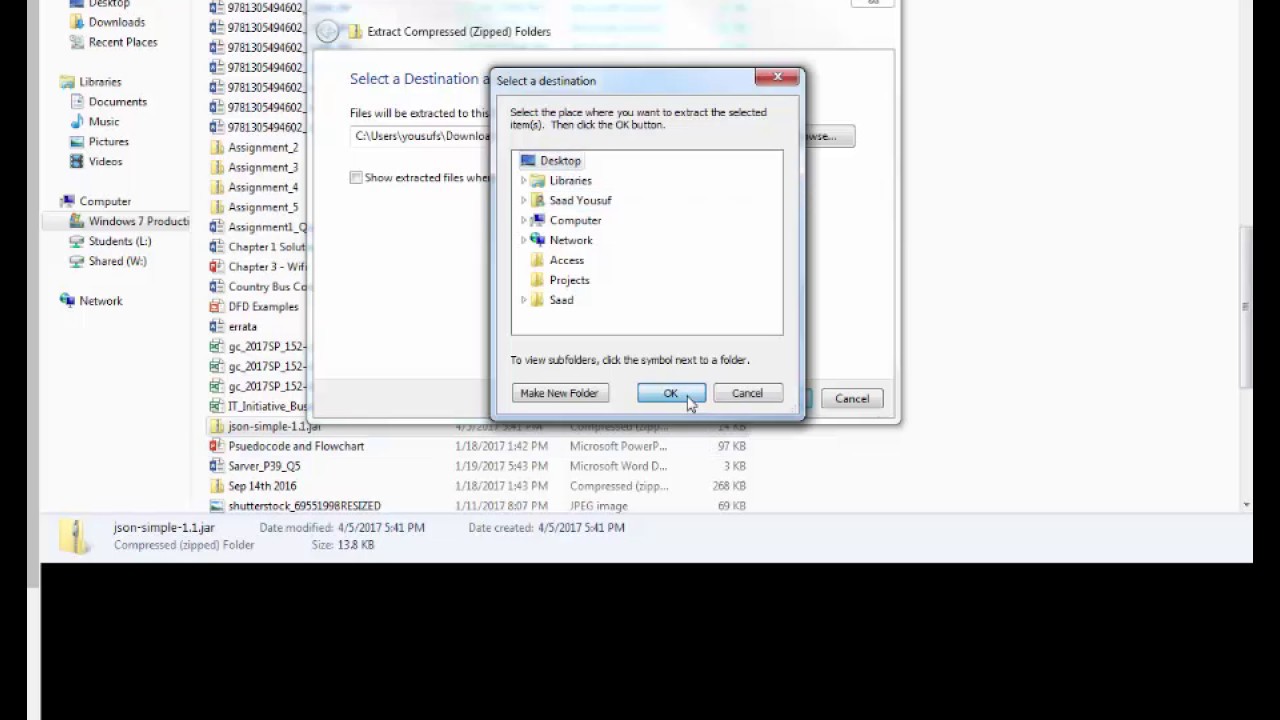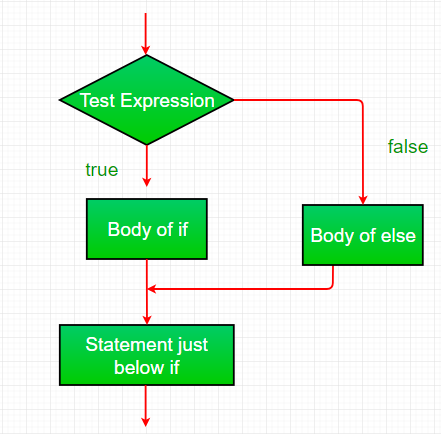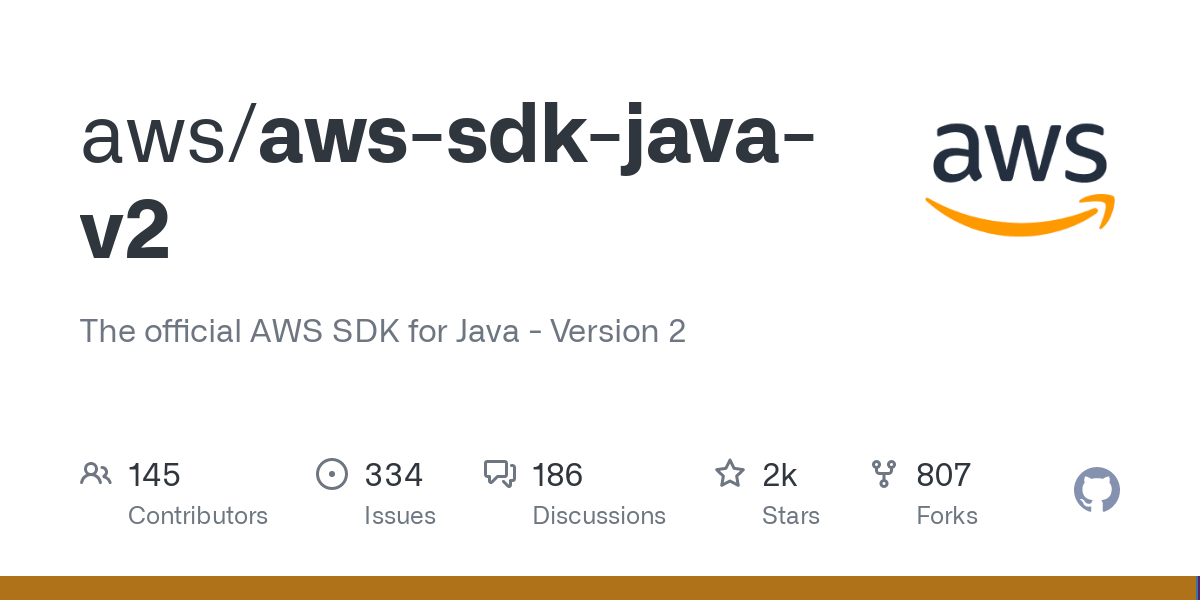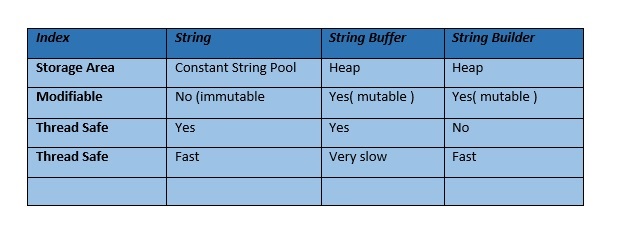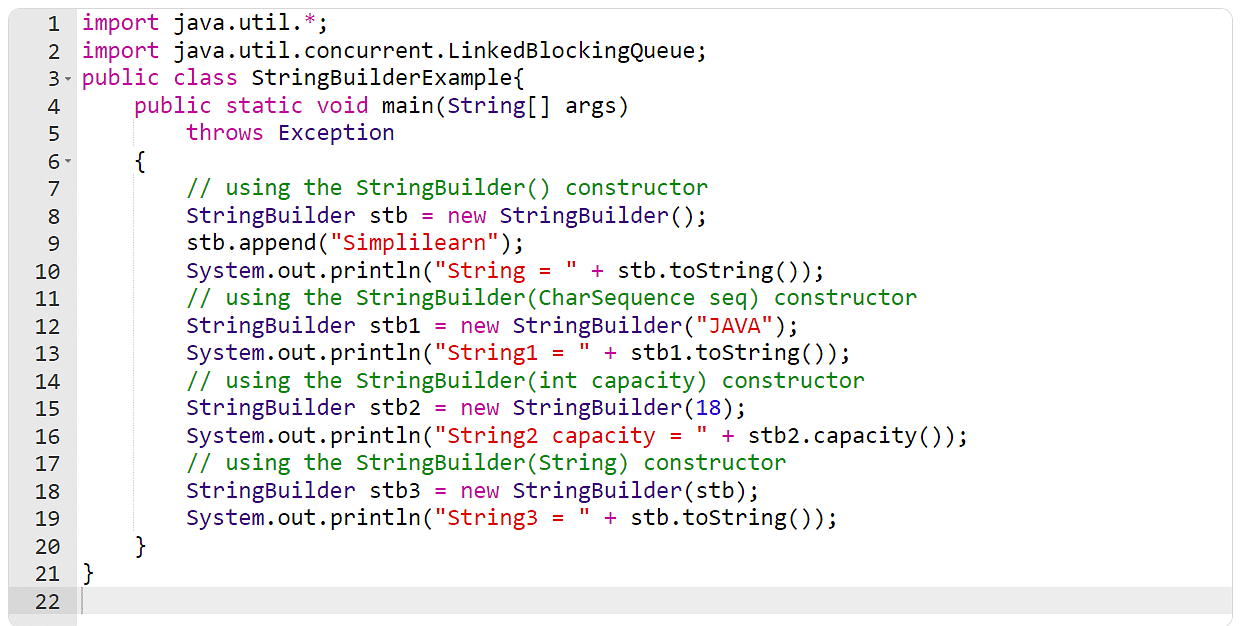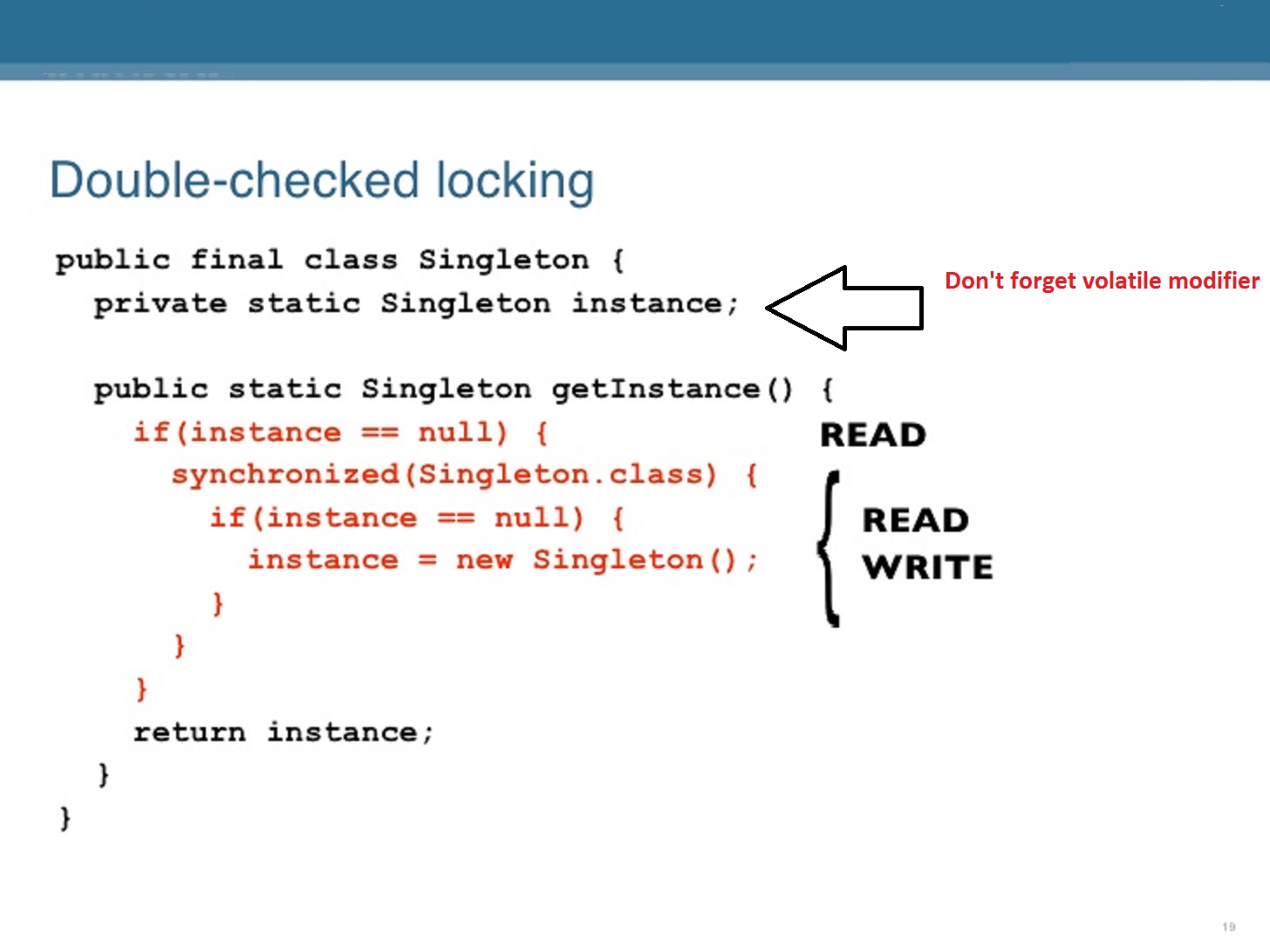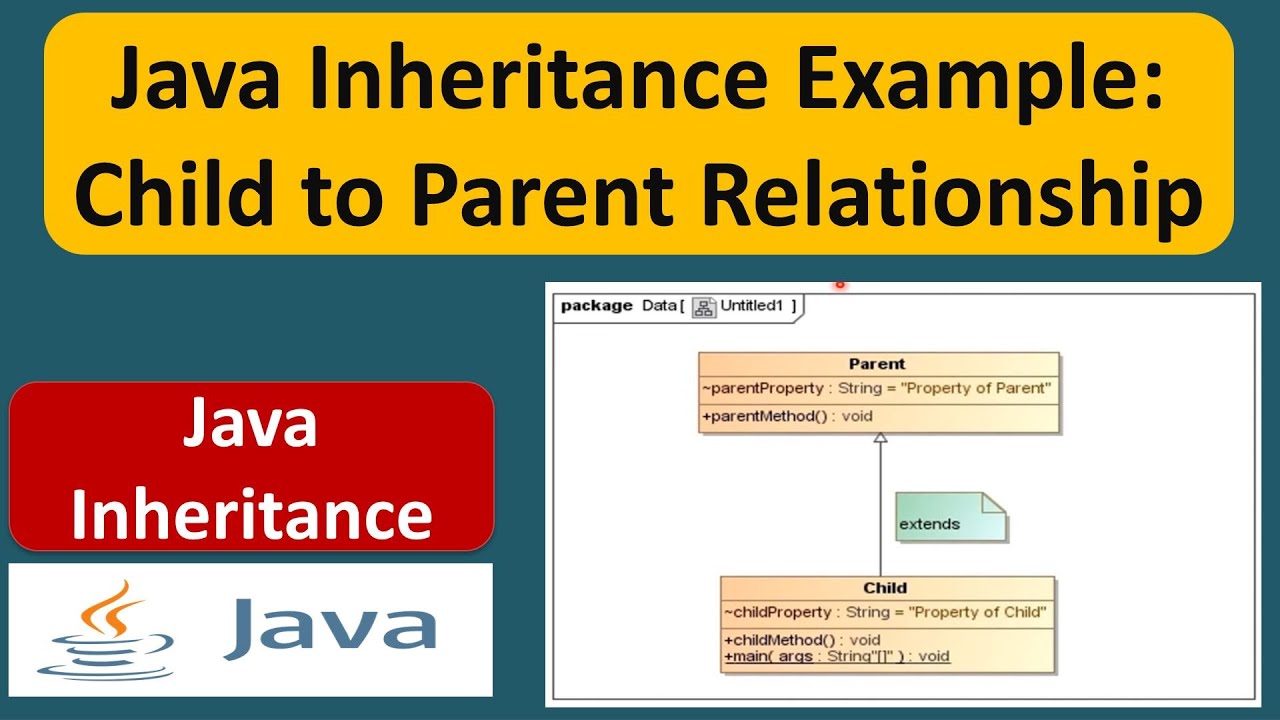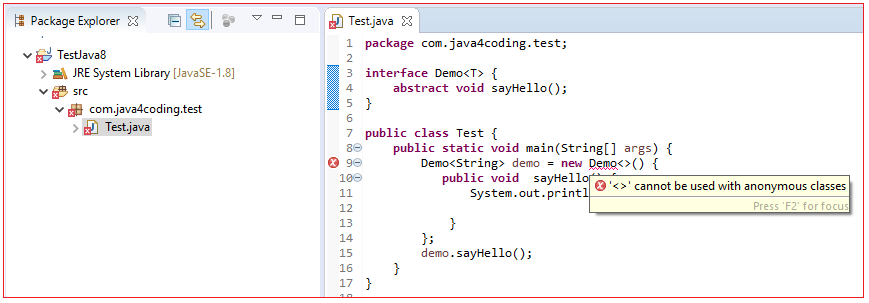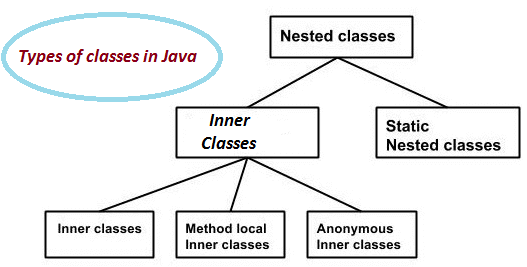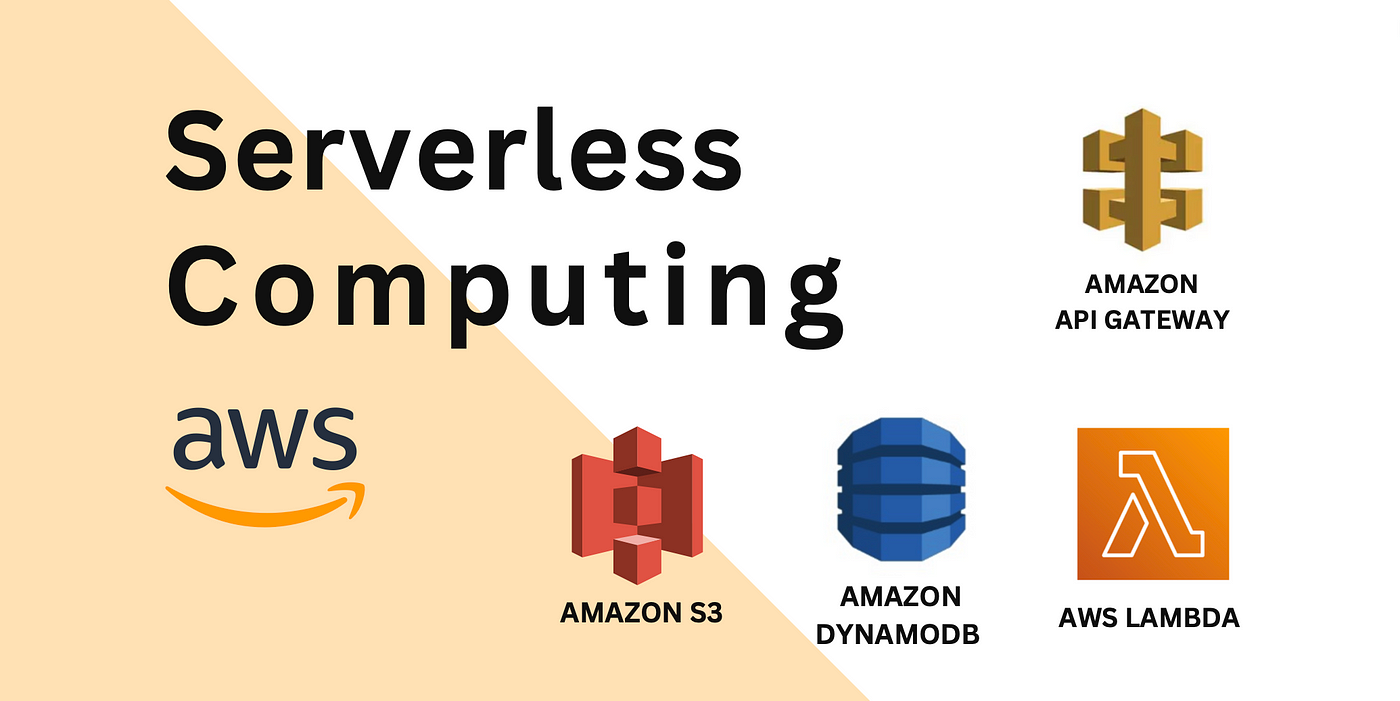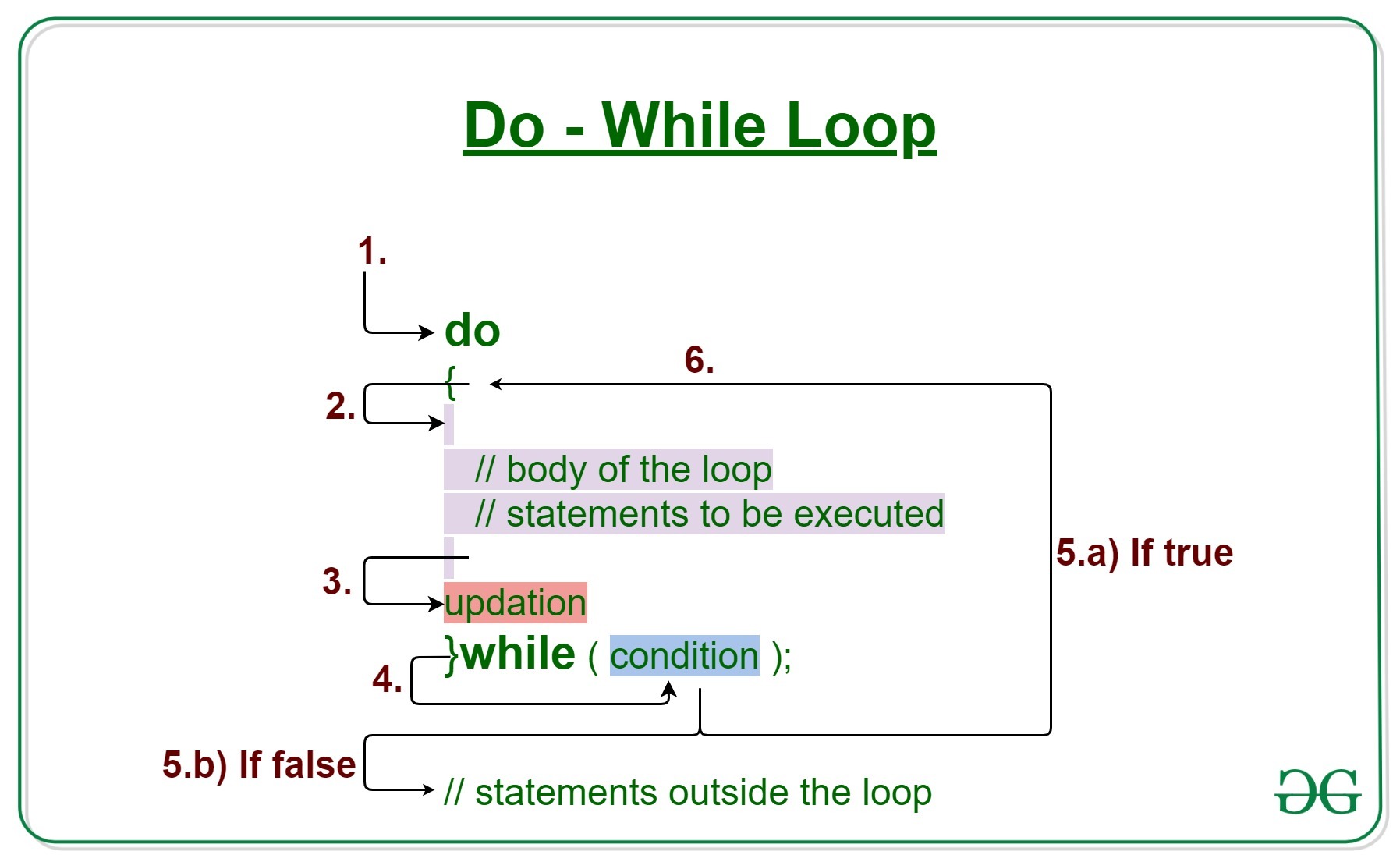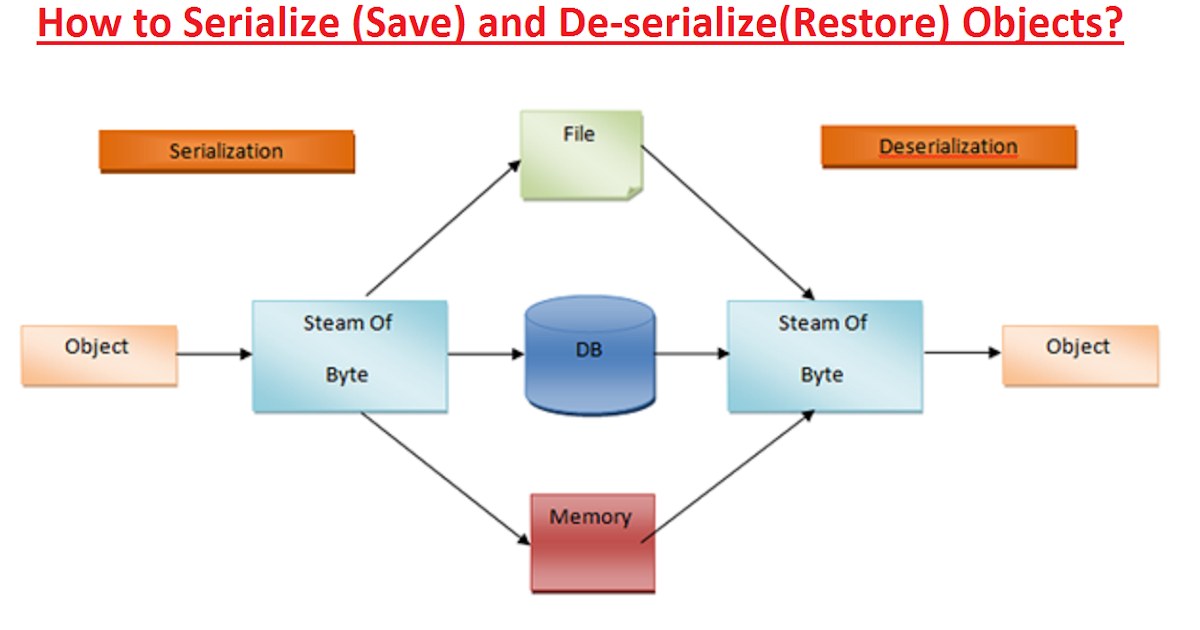Should I upgrade from Java 11 to 17?
Should I upgrade from Java 11 to 17?
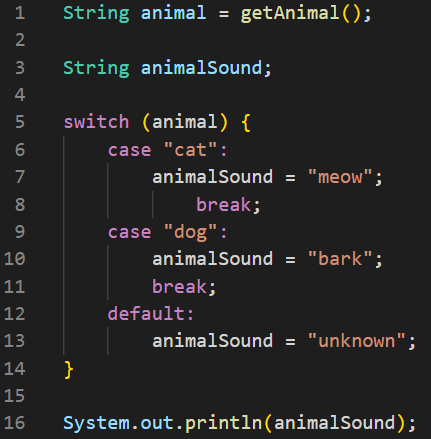
Upgrading from Java 11 to 17! That's a significant step, my friend!

Before we dive into the answer, let me emphasize that upgrading Java versions is not always necessary or recommended. You should consider several factors before making such a decision.

Now, here are some points to help you decide:
New features and improvements: Java 17 introduces several new features and improvements over Java 11. For example:
Pattern matching for instanceof (JEP 394) Records (JEP 359): A new type of class that allows you to easily create immutable data carriers Text Block: A feature allowing you to embed strings directly in your code, without the need for concatenation or interpolationIf you're working on a project that benefits from these features, upgrading might be a good idea.
Security: Java 17 includes several security-related updates:
Updates for CVE-2022-21426 and CVE-2022-21427 (JDK-8254435) Enhanced cryptography algorithmsThese improvements can help strengthen the security of your applications.
Performance: The new version often comes with performance enhancements, such as improved garbage collection, which can lead to better system responsiveness.
However, there are also some potential downsides to consider:
Backward compatibility: Upgrading Java versions can sometimes break compatibility with existing dependencies or libraries. Make sure to test your code thoroughly after the upgrade.
Library and framework support: Some libraries or frameworks might not yet be compatible with Java 17. Be prepared for potential issues if you're using a specific library that's not yet updated.
Before upgrading, ask yourself:
Are there specific features in Java 17 that will significantly benefit my project? Have I thoroughly tested my code and dependencies to ensure compatibility? Is the upgrade necessary to meet specific security or performance requirements?If you've answered "yes" to these questions, it might be a good time to consider upgrading. However, if your project is stable and doesn't require new features, you can continue using Java 11 without worrying about missing out on significant benefits.
In conclusion, deciding whether to upgrade from Java 11 to 17 depends on your specific project requirements, the features you need, and the potential risks involved. Carefully weigh these factors before making a decision that's right for you!
Java 17 vs Java 11 performance
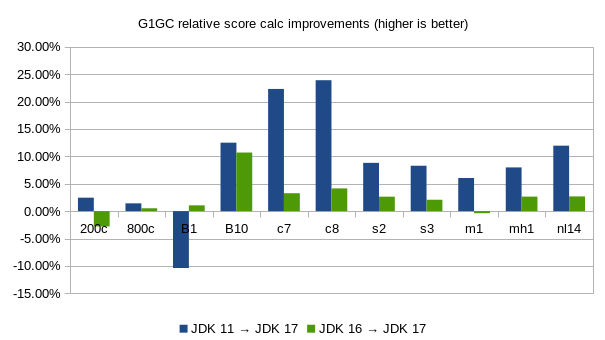
I'm happy to provide the answer in English for you.

Java 17 and Java 11 are both significant updates to the Java language, each with its own set of improvements, bug fixes, and enhancements. When it comes to performance, both versions have made notable changes that can impact application speed and efficiency.
One of the most notable changes in Java 17 is the introduction of Valhalla, a new garbage collector designed for low-pause applications. This change aims to improve overall system responsiveness by reducing pause times and increasing throughput. Additionally, Java 17 has optimized garbage collection algorithms for G1 (Garbage-First) and CMS (Concurrent Mark-and-Sweep), which can lead to better performance and reduced pauses.
In Java 11, one of the primary performance-related changes is the introduction of ZGC (Z Garbage Collector), a low-pause-time garbage collector designed specifically for applications that require minimal pause times. ZGC is an experimental garbage collector, but it has shown significant promise in reducing garbage collection pause times and improving overall system responsiveness.
Another area where Java 17 has made improvements over Java 11 is in the realm of concurrency. Java 17 introduces a new "G1ConcurrentPausableFullGCActions" API, which provides more flexibility and control when dealing with concurrent full garbage collections. This change can lead to better performance and reduced pause times for applications that rely heavily on concurrent GC.
In terms of benchmarks, some early results suggest that Java 17 outperforms Java 11 in certain scenarios, particularly those involving low-pause-time applications or high-throughput workloads. For example, the OpenJDK Java SE 15 (Java 15) vs. Java 14 (Java 11) performance comparison shows significant improvements in some tests, with Java 15 averaging around a 10% increase in performance.
However, it's essential to note that these results may vary depending on the specific use case, application profile, and hardware configuration. In general, both Java 17 and Java 11 have shown promising performance improvements over their predecessors, but the best way to determine which version is most suitable for your application will require testing and experimentation.
In conclusion, while both Java 17 and Java 11 bring significant performance enhancements to the table, Java 17's focus on low-pause-time applications and concurrency control make it a more compelling choice for developers looking to optimize their code. However, Java 11's experimental ZGC garbage collector still shows promise in reducing pause times and improving overall system responsiveness.
References:
Oracle: Java SE 15 (Java 17) Release Notes Oracle: Java SE 11 (Java 11) Release Notes
